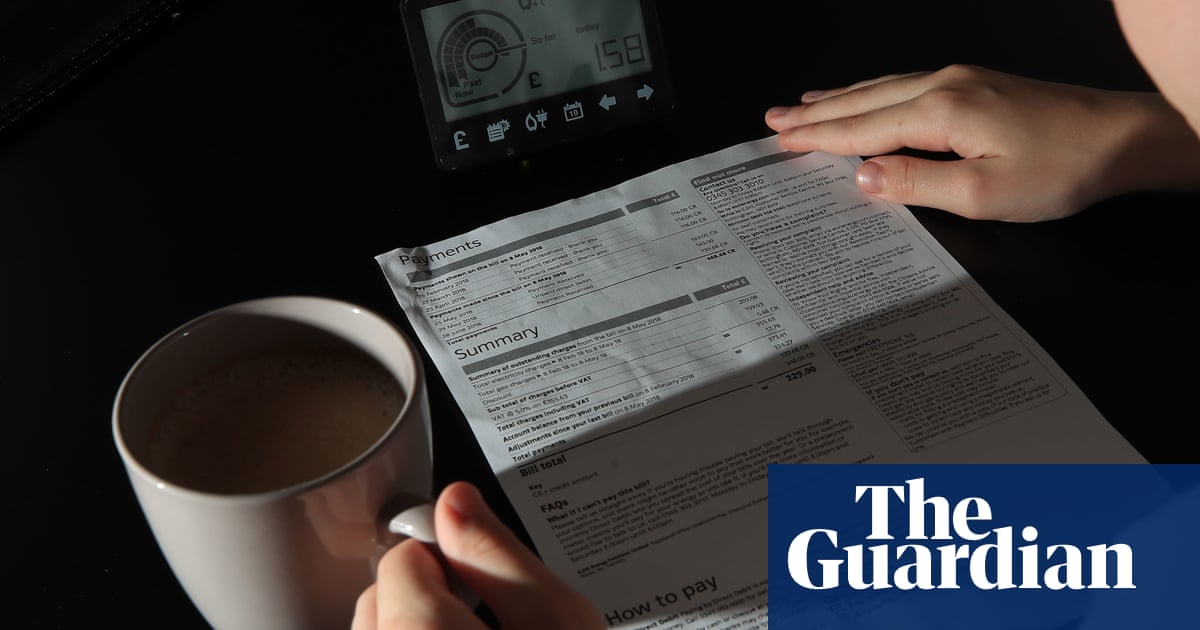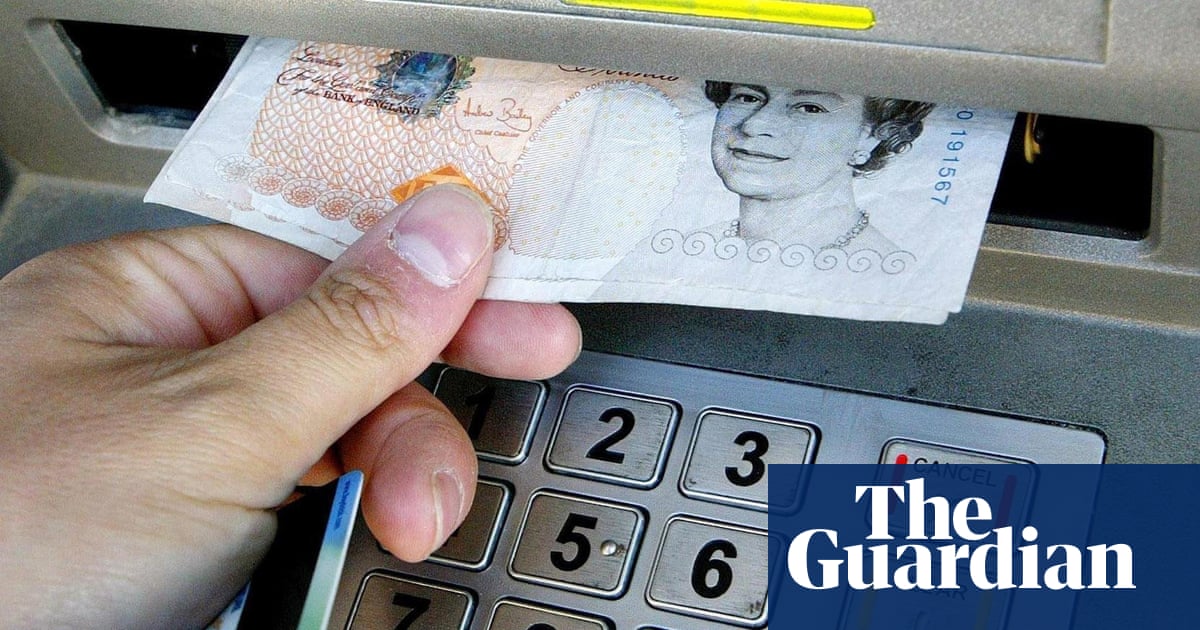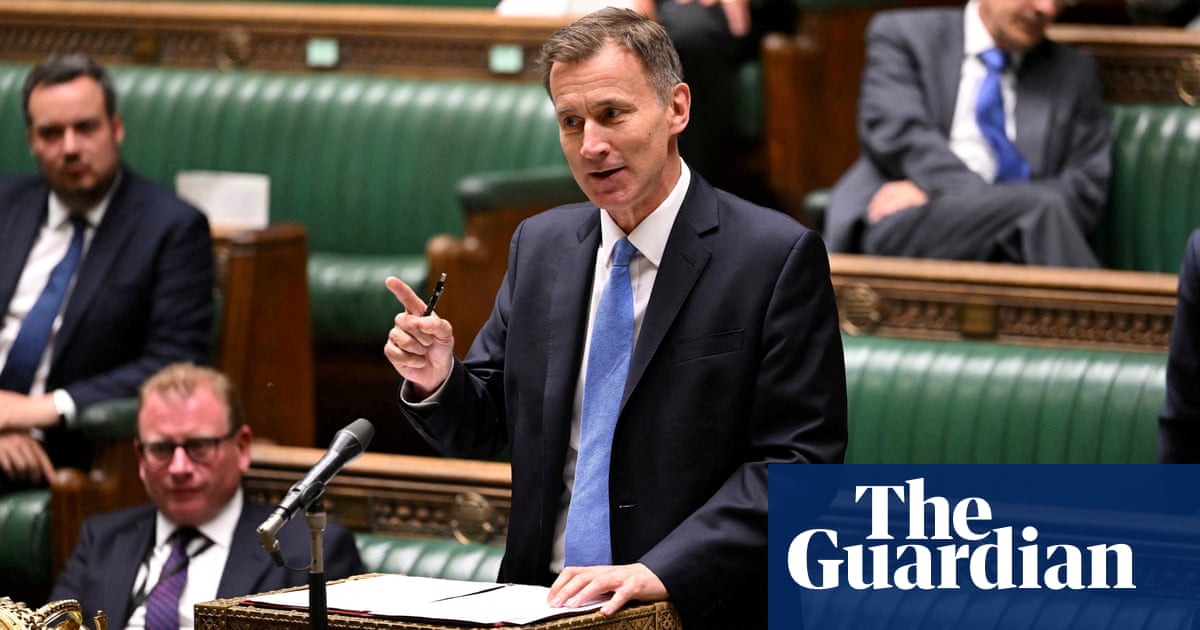
More people in the UK are missing payments for essential bills, including for energy, water or council tax, according to a consumer group, as the cost of living crisis continues to hurt household finances.
Which?’s consumer insight tracker found that 2.4m UK households missed or defaulted on essential payments, including for housing, loans or credit cards, in the month to 13 July, returning to the high levels seen last winter.
The number of people missing payments last month was significantly higher than the levels seen in May, suggesting that consumers remain under pressure even in the warmer months of the year when energy costs are lower.
The figures come as the Bank of England is expected to further raise interest rates on Thursday, in an attempt to tackle stubbornly high inflation, increasing the squeeze on borrowers including consumers and businesses.
Of the missed payments, 1.5m households missed or defaulted on settling a household bill such as for energy, water or council tax in the month to mid-July, Which? found.
Two-thirds of those who missed payment of a household bill reported that this was not the first time.
Water and energy were the most commonly missed bills, followed by phone bills and council tax payments.
It is estimated that more than 770,000 households missed or defaulted on a housing payment, affecting just under 6% of renters and more than 3% of mortgage holders.
Amid the squeeze on consumer finances, 59% of households said they had made changes to enable them to cover essential spending on bills, housing costs, groceries, school supplies and medicines in the past month, including by cutting back on essentials, dipping into their savings, selling some of their possessions or borrowing.
Last week the poverty charity the Joseph Rowntree Foundation warned that millions of low-income families were taking out loans or using credit cards to cover basic household bills and expenses as their finances were squeezed by the cost of living crisis.
Rocio Concha, director of policy and advocacy at Which?, said pressures on household finances appeared to be increasing, even though official figures show that inflation may have peaked.
“We’d encourage anyone who’s struggling to seek free debt advice and reach out to their bill provider for help,” she said.
“As so many people face financial hardship, Which? is calling on businesses in essential sectors, like food, energy and telecoms, to do more to help customers get a good deal and avoid unnecessary or unfair costs and charges during this crisis.”
Ahead of an anticipated further interest rate rise, Which? is calling on energy companies, broadband providers and supermarkets to do all they can to help consumers through the cost of living crisis and ensure they are providing value for money to their customers.
The bank Virgin Money also reported it had set aside more money for bad loans. Its bad debt provisions rose to £547m in the last quarter, up from £526m the previous three months.












